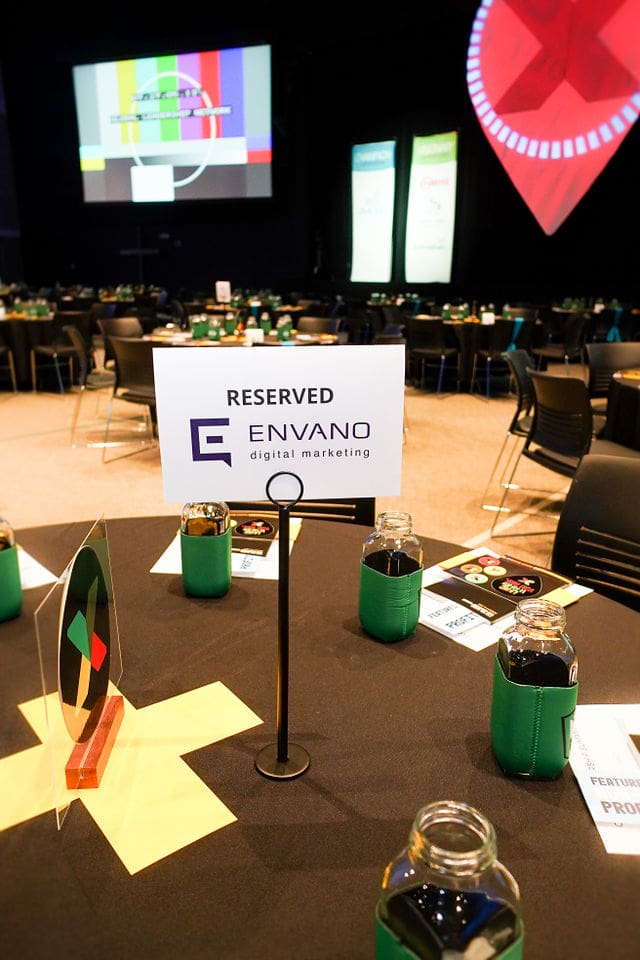Published: November 4, 2013
Familiarity can be dangerous.
On one hand, familiarity serves important functions for business — mostly as a way to increase predictability. It helps to create routines and processes in an effort to reduce uncertainty and by the same token, increase efficiency and productivity. In the extreme, however, flights to familiarity as a way to deal with the pressures of business reduce competitiveness. Sticking with the “norm,” those things that are easy because it’s what we’re used to is rarely the path that yields the highest return.
As such, decisions based on familiarity of options is problematic as a business strategy. Those who flee to the familiar under pressure, even when the solution offers notably less value than a novel approach, lose the agility required to succeed in today’s business landscape; and the opportunity for resilience and responsiveness disappears.

This is the case with traditional marketing efforts in the 21st century. Many companies fear adoption of new technology or interactive strategy within organizations because it’s unfamiliar. Instead, it’s much easier to fall back on the known – the traditional radio spots, the print ads in the trade pub, and the roadside billboards – basing budgets on history, instead of potential outcome. This happens all too often, even when the data is clear – organizations with active digital strategies experience a cost per lead 61% lower than traditional outbound marketing-dominated organizations.
Companies wishing to become aware of familiarity-based downsides to their business practices could begin by examining ways to create fresh input from employees across the levels of the organization—an effort that requires a culture of seeking novelty. First improving internally can have tremendous affects on external growth within the marketplace. After all, when you consider familiarity a stark contrast to innovation and positive change, chances are you’re never leading the pack as a leader in your industry.
Think about it according to Christopher McDougall: “Every morning in Africa, a gazelle wakes up. It knows it must run faster than the fastest lion or it will be killed. Every morning a lion wakes up. It knows it must outrun the slowest gazelle or it will starve to death. It doesn’t matter whether you are a lion or a gazelle: when the sun comes up, you’d better be running.”
When you’re not running, you’re walking and when you’re not walking, you’re standing still. In either case, people are passing you by.

 The Difference Between a Customer Journey and a Sales Funnel">
The Difference Between a Customer Journey and a Sales Funnel">

